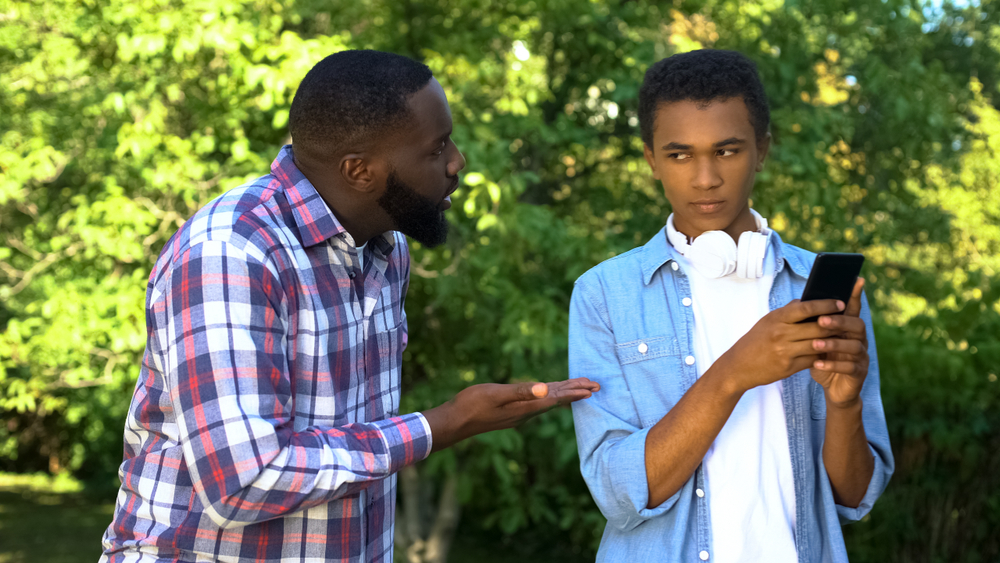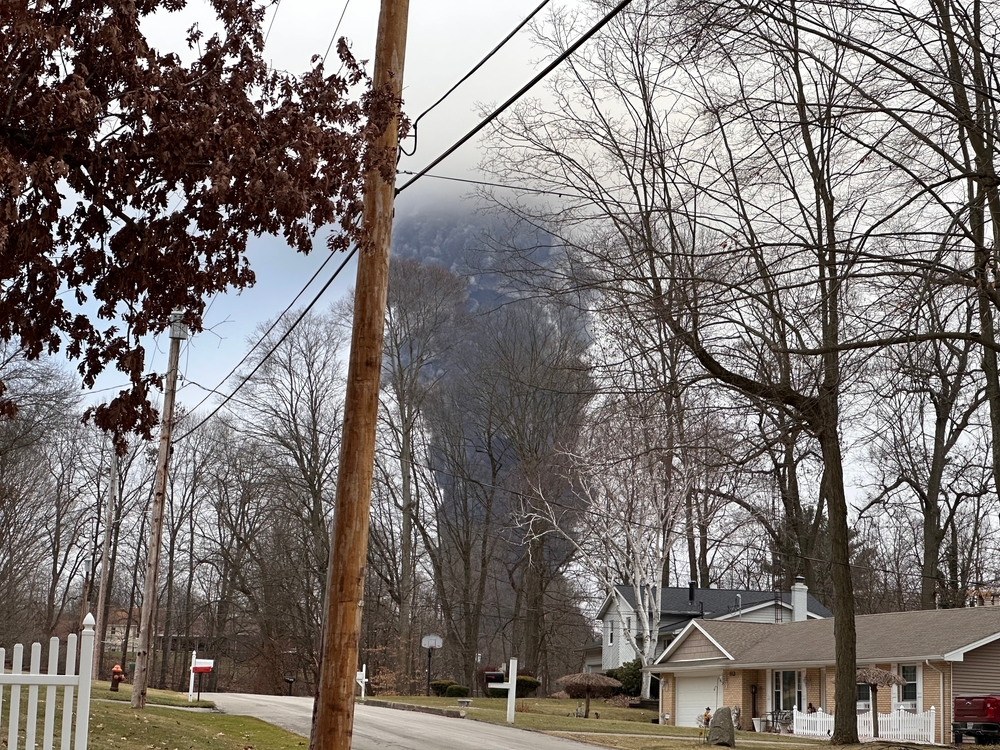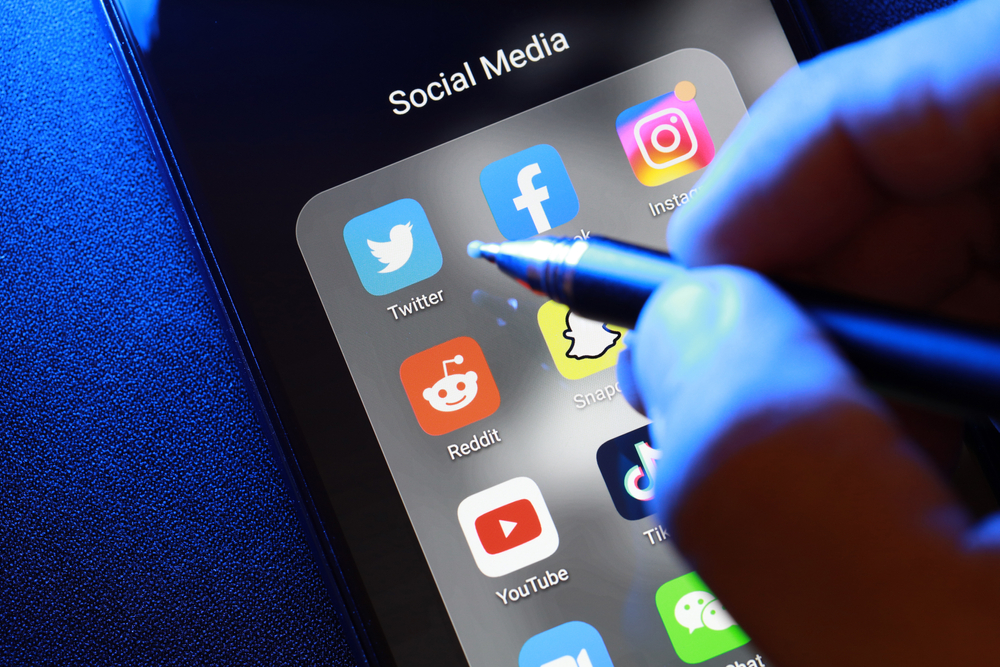Now that Americans as young as 12 are eligible to receive a Pfizer-BioNtech or Moderna COVID vaccine, the question becomes whether teens and parents disagree on getting one. There are an estimated 25 million Americans aged 12 to 17. Many in this age group watched COVID ravage their communities and their nation and felt helpless to stop it. It also put their normal development on hold - halting jobs, dating, school and socializing. Helping restore a sense of normalcy and protect themselves and their families has motivated many of them to get the vaccine.
Vaccine Age Restrictions
While all states have the same age requirements regarding purchasing cigarettes or enrolling in the armed forces, their rules vary on whether teens can receive a COVID vaccine without parental consent. This patchwork of regulations regarding vaccines has made an unprecedented situation even more complicated.
Stories of teens waiting to turn 18 and book their COVID vaccination are popping up across the country. In states like California, teens as young as 12 can receive an HPV vaccine but must have parental consent to receive a COVID vaccine. In South Carolina, teenagers 16 years or older may get one without parental consent.
Related: Status of COVID-19 Vaccines for Children
Strained Family Dynamics
Many teens who want a vaccine face challenges with parents who don’t. Some parents have expressed COVID vaccine hesitancy. Up to 30% of American adults aren’t sure about it. Some have expressed concern about vaccines’ safety, given how quickly they were developed, tested, and approved by the FDA for emergency use. Others are buying into various conspiracy theories about the vaccine.
20-year old Yesenia can legally consent and receive a vaccine for COVID. But she is worried about what her parents will think of her when she does. Her parents both believe in the common conspiracy theory that there is a microchip in the vaccine.
Family dynamics may be further strained if vaccines are required to resume in-person learning in schools. While each state has immunization requirements for students, many school districts will decide whether those will include the COVID vaccine in the coming months.
Related: Can Schools Require COVID-19 Vaccines?
Educating About Vaccines
VaxTeen, created by California high school senior Kelly Danielpour, is an organization that educates teens on talking to parents about state consent laws and the importance of vaccines.
“Getting these vaccines is so important because it’s not just about me, it’s also about other people,” said Ethan Lindenberger, 18, in an interview with National Geographic, who worries about his little brothers. “At no point was it about rebellion. All of it was about the responsibility I had to take care of my health and the health of my community.”
Lindenberger’s mother is an anti-vaccine advocate, but when her son turned 18, he took it upon himself to get it anyway. Many teens highlight the same community-minded spirit and willingness to protect their loved ones by receiving a COVID vaccine.
A Place of Caring
Another reason for the disconnect between parents and teens is misinformation being shared by parents who are coming from a place of caring and concern. VaxTeen suggests remembering that teens and parents are families and not to give up. It may take several conversations for discussions to be fruitful. VaxTeen also urges teens to remain calm and consider their parents’ reason for refusing the vaccine. Parents and teens don’t always see eye-to-eye on a variety of issues, and the COVID vaccine has proven no different.














